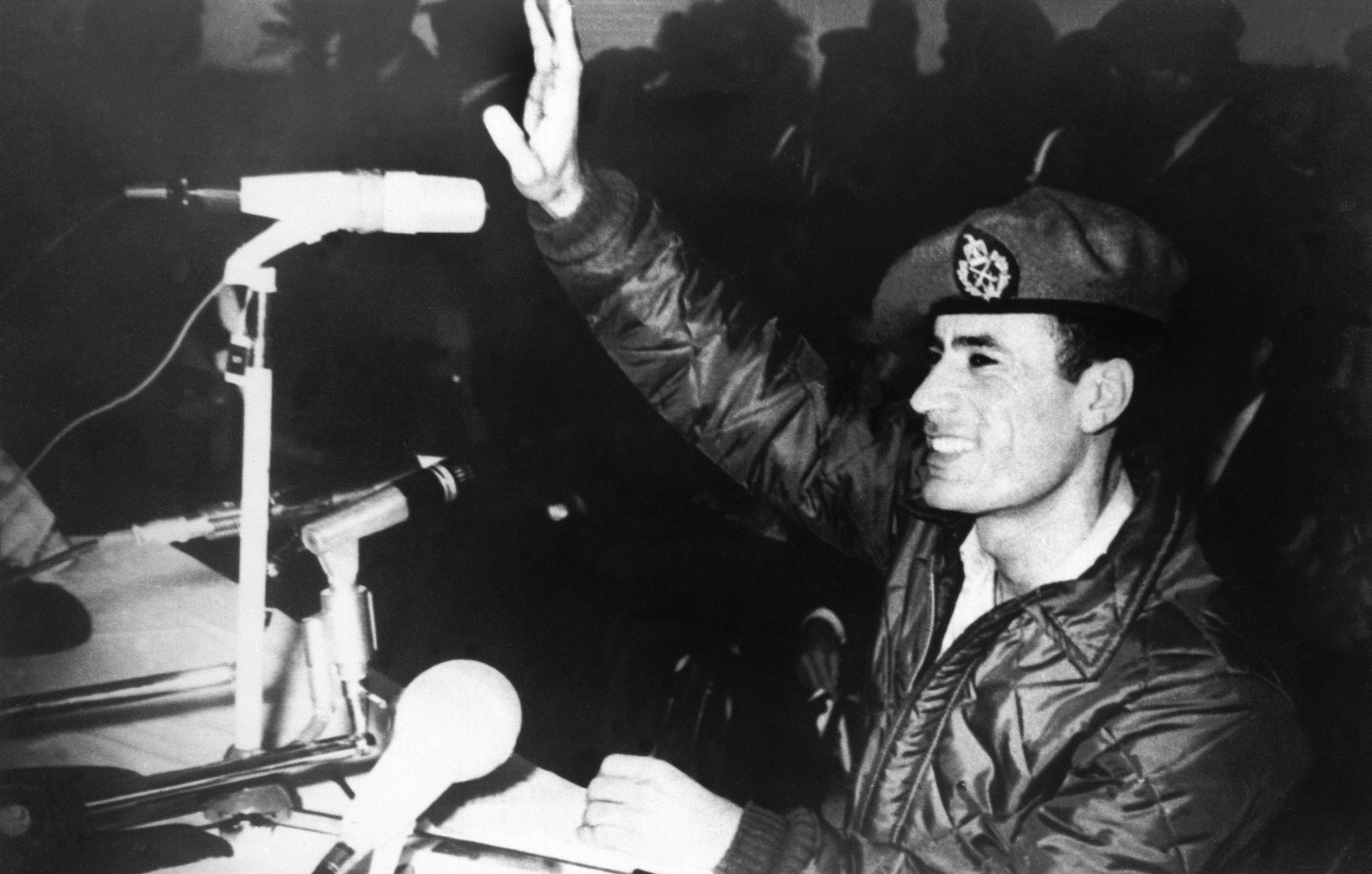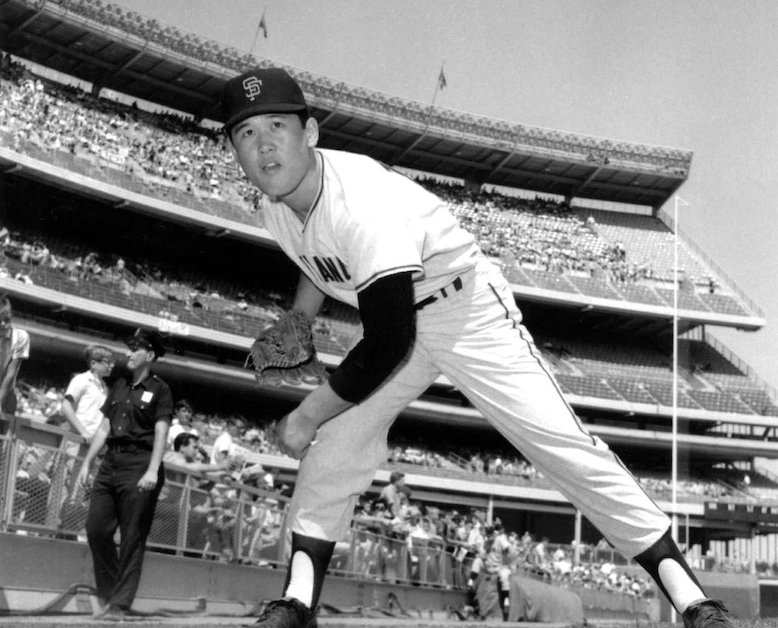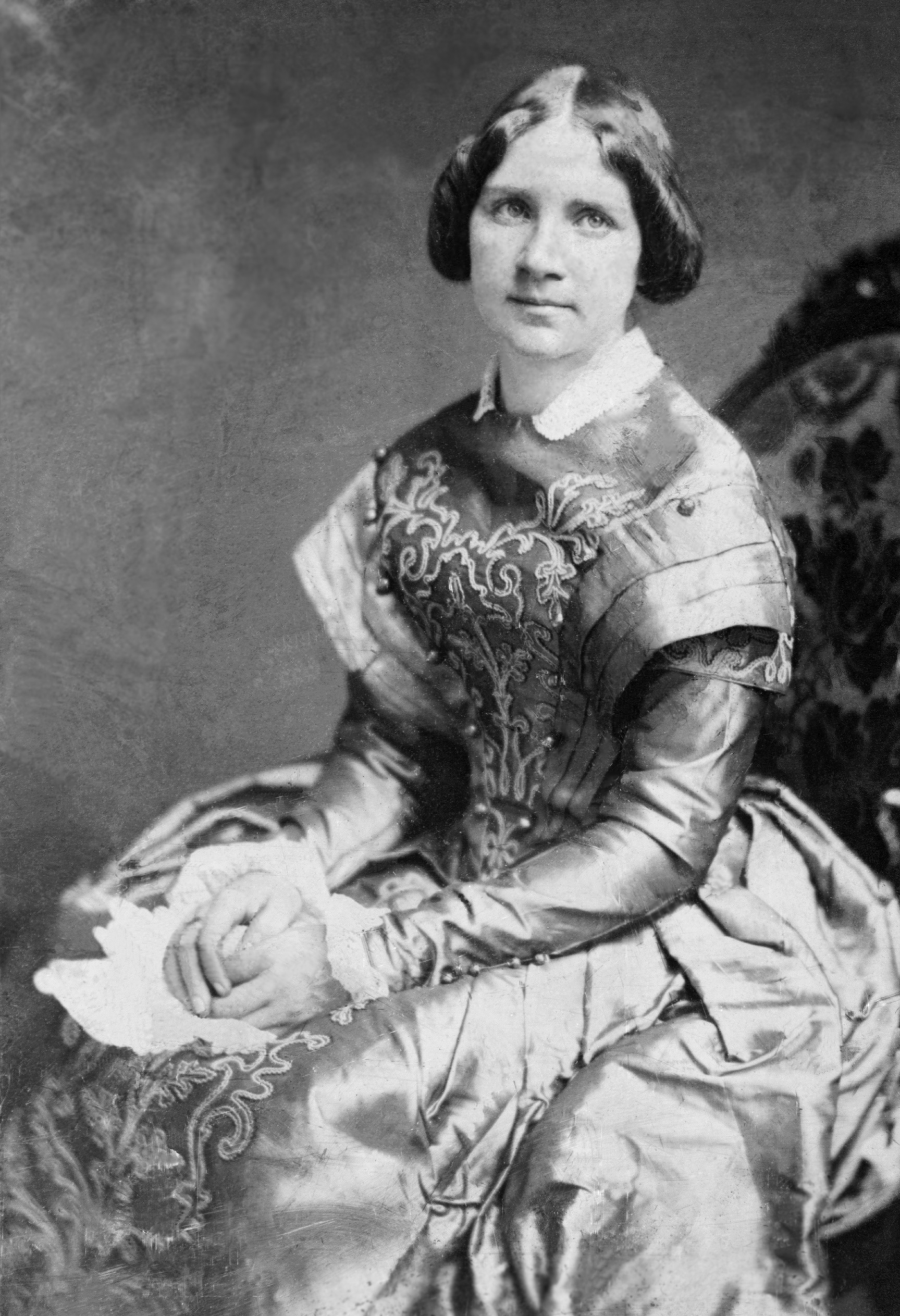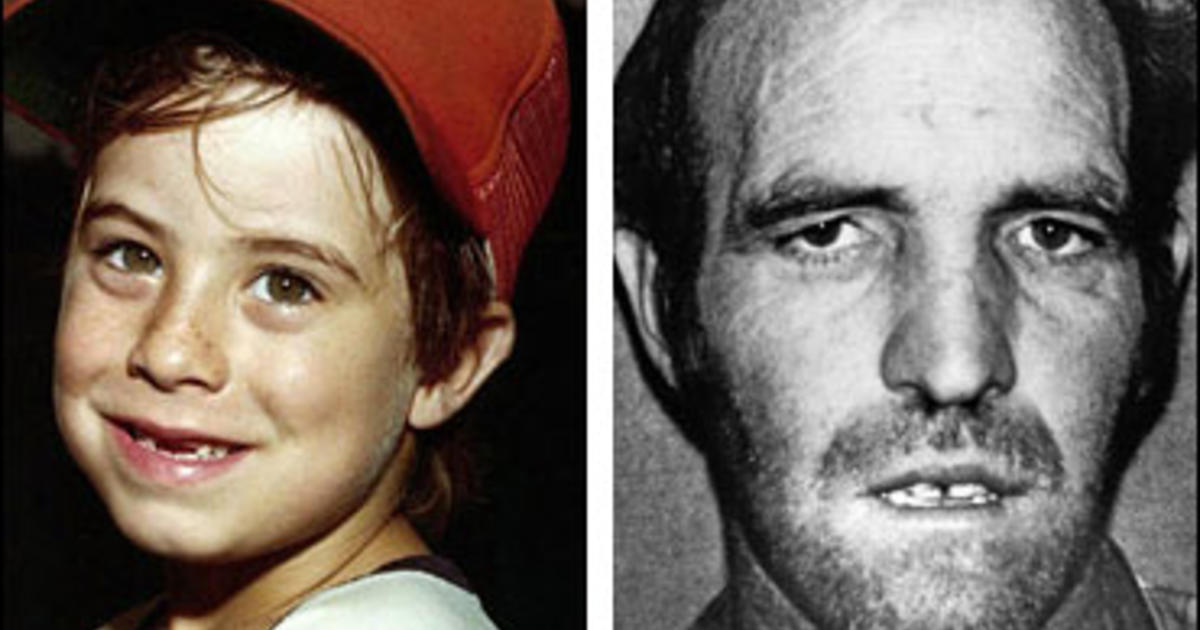
Bobby Fischer becomes the first American to win the World Chess Championship
On September 1, 1972, in what’s billed as the “Match of the Century,” American chess grandmaster Bobby Fischer defeats Russian Boris Spassky during the World Chess Championship in Reykjavik, Iceland.
In the world’s most publicized title match ever played, Fischer, a 29-year-old Brooklynite, became the first American to win the competition since its inception in 1866. The victory also marked the first time a non-Russian had won the event in 24 years.
Fischer, who started playing chess professionally at age 8, won the U.S. Open Championship when he was 14 (he would go on to win it seven more times) and became the world’s youngest international grandmaster at age 15.
Fischer’s skills and age—and demanding, arrogant attitude—made him a pop culture phenomenon. He became the subject of books and movies and even inspired a song, “The Ballad of Bobby Fischer.”
Played during the Cold War, the Reykjavik match also carried political undertones. Fischer had already accused the Soviets of rigging the tournament system and didn’t mince words in his feelings about them, saying the match was “really the free world against the lying, cheating, hypocritical Russians … They always suggest that the world's leaders should fight it out hand to hand. And that is the kind of thing we are doing.”
Fischer missed the competition’s July 1 opening ceremony, after demanding more money, as well as a cut of TV and film rights. After a two-day delay—and a doubling of the prize purse by British millionaire Jim Slater—Fischer finally showed. A call from Henry Kissinger, national security assistant for President Nixon at the time, may have helped persuade him to compete, as well. “America wants you to go over there to beat the Russians,” he reportedly told Fischer.
“Fischer is known to be graceless, rude, possibly insane,” financier Slater once said. “I really don’t worry about that, because I didn’t do it for that reason. I did it because he was going to challenge the Russian supremacy, and it was good for chess.”
Spassky took the first game (Fischer blamed the TV cameras and ordered them to be removed). Fischer then forfeited the second game after some of his other demands weren’t met. Following much quarreling, the match resumed July 16 with a win by Fischer. Over 21 games, Fischer won seven, Spassky won three, and 11 were draws. Spassky resigned after 40 moves on the 21st game via telephone, with the final score set at 12.5 to 8.5
Fischer took home $156,250 in prize money for the feat, while the Soviet grandmaster Spassky, who was 35 and the reigning world champion, earned $93,750.
Fischer lost his world title by forfeit in 1975, when he refused to play against Soviet Anatoly Karpov in Manila after the competition’s governing body failed to meet all his demands.

INVENTIONS & SCIENCE
1985
Wreck of the Titanic found
73 years after it sunk to the North Atlantic ocean floor, a joint U.S.-French expedition locates the wreck of the RMS Titanic. The sunken liner was about 400 miles east of Newfoundland in the North Atlantic, some 13,000 feet below the surface.

21ST CENTURY
2004
Chechen separatists storm Russian school
On September 1, 2004, an armed gang of Chechen separatist rebels enters a school in southern Russia and takes more than 1,000 people hostage. The rebels demanded the withdrawal of Russian troops from the disputed nearby region of Chechnya.

AFRICA
1969
Qaddafi leads coup in Libya
Muammar al-Qaddafi, a 27-year-old Libyan army captain, leads a successful military coup against King Idris I of Libya. Idris was deposed and Qaddafi was named chairman of Libya’s new governing body, the Revolutionary Command Council.

1807
Aaron Burr acquitted of treason
Former U.S. vice president Aaron Burr is acquitted of plotting to annex parts of Louisiana and Spanish territory in Mexico to be used toward the establishment of an independent republic. He was acquitted on the grounds that, though he had conspired against the United States.

CIVIL WAR
1864
Atlanta falls to Union forces
On August 28, 1864, Union Army General William Tecumseh Sherman lays siege to Atlanta, Georgia, a critical Confederate hub, shelling civilians and cutting off supply lines. The Confederates retreated, destroying the city’s munitions as they went.
/arc-anglerfish-arc2-prod-mco.s3.amazonaws.com/public/SQQPYPO7MJADZC5MCFIK5BFWF4.jpg)
WORLD WAR II
1939
Germany invades Poland
On September 1, 1939, German forces under the control of Adolf Hitler bombard Poland on land and from the air. World War II had begun. Why did Germany invade Poland? Germany invaded Poland to regain lost territory and ultimately rule their neighbor to the east.

VIETNAM WAR
1966
French president Charles De Gaulle urges the United States to get out of Vietnam
In a speech before 100,000 in Phnom Penh, Cambodia, President Charles de Gaulle of France denounces U.S. policy in Vietnam and urges the U.S. government to pull its troops out of Southeast Asia.

SPORTS
1964
First Japanese player makes MLB debut
On September 1, 1964, pitcher Masanori Murakami becomes the first Japanese man to play in U.S. baseball’s major leagues. Murakami pitched a scoreless eighth inning for the San Francisco Giants in a 4-1 loss to the New York Mets in front of 39,379 fans at Shea Stadium.

ART, LITERATURE, AND FILM HISTORY
1850
P.T. Barnum brings European opera star Jenny Lind to New York
The iconic American huckster, showman and circus entrepreneur P.T. Barnum is most often associated not with refined high culture but of somewhat coarser forms of entertainment—the circus, yes, but also Siamese twins and various human oddities such as “Zip the Pinhead”.

CRIME
1981
A teenage boy murders his father
Fifteen-year-old Eric Witte shoots his father, 43-year-old volunteer firefighter Paul Witte, in the family’s Indiana home. Although Eric admitted to shooting his father, he claimed that the gun had accidentally gone off when he tripped on a rug.
COLD WAR
1983
Korean Airlines flight shot down by Soviet Union
Soviet jet fighters intercept a Korean Airlines passenger flight in Russian airspace and shoot the plane down, killing 269 passengers and crew-members. The incident dramatically increased tensions between the Soviet Union and the United States.

INVENTIONS & SCIENCE
1998
Federal legislation makes airbags mandatory
On September 1, 1998, the Intermodal Surface Transportation Efficiency Act of 1991 finally goes into effect. The law required that all cars and light trucks sold in the United States have air bags on both sides of the front seat.

AMERICAN REVOLUTION
1775
King George refuses Olive Branch Petition
Richard Penn and Arthur Lee, representing the Continental Congress, present the so-called Olive Branch Petition to the Earl of Dartmouth on September 1, 1775. Britain’s King George III, however, refused to receive the petition, which, written by John Dickinson.

WORLD WAR I
1917
Soldier recounts brush with poison gas
On September 1, 1917, American soldier Stull Holt writes a letter home recounting some of his battlefield experiences on the Western Front at Verdun, France. Born in New York City in 1896, Holt served during World War I as a driver with the American Ambulance Field Service.
Comments
Post a Comment